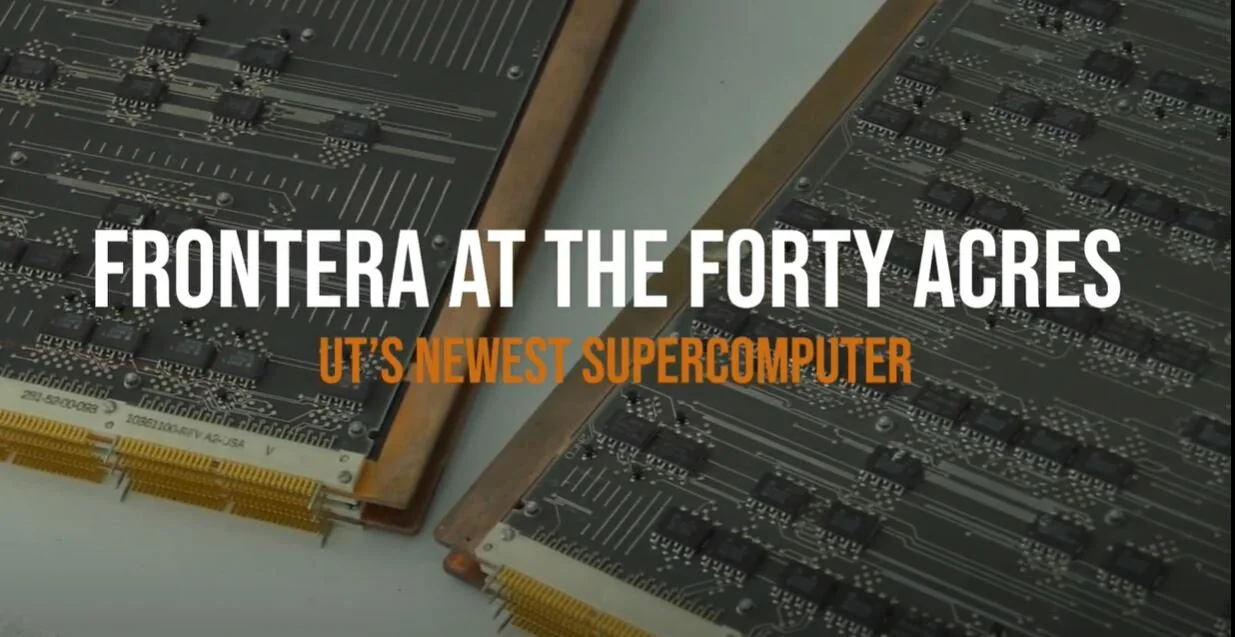Police who botched Uvalde shooting response face few consequences | Visual Forensics
In the year since the Robb Elementary School shooting in Uvalde, Texas, much of the blame for law enforcement’s decision to wait more than an hour to confront the gunman has centered on the former chief of the school district’s small police force. But a Washington Post investigation has found that the costly delay was also driven by the inaction of an array of senior and supervising law enforcement officers who remain on the job and had direct knowledge a shooting was taking place inside classrooms but failed to swiftly stop the gunman. The Post’s review of dozens of hours of body camera videos, post-shooting interviews with officers, audio from dispatch communications, and law enforcement licensing records identified at least seven officers who stalled even as evidence mounted that children were still in danger.
This project was a collaborative reporting effort between The Texas Tribune and The Washington Post, involving several trips to Uvalde to meet and speak with various sources. My role in the project was to accompany them and provide still imagery to accompany online articles, and to connect the Post team with sources, such as the Mata’s, who I had spent time with before this project.
Shot for The Texas Tribune, in collaboration with The Washington Post
Austin's Camping Ban Returns (2021)
After voters reinstated Austin's ban on camping and panhandling in May 2021, reporter Jackson Barton and I went out to speak with those who will be displaced. People experiencing homelessness in the city said they needed assistance, instead of tickets.
Shot for The Texas Tribune.
TRANSMISSIONS (2020) - horror, thriller short film
Credit - Director of Photography
A young woman begins to believe she is being watched by a mysterious organization and can only ask herself...why?Frontera at the Forty Acres: UT's Newest Supercomputer (2019)
In September of 2019, the Texas Advanced Computing Center (TACC) completed the build for the fastest supercomputer in North America, housed in one of the University of Texas' Austin campuses. The computer is designed to tackle a range of the world’s most complex and important challenges surrounding research; from astronomy to artificial intelligence. I asked a few UT students about their thoughts on the computer to understand more about the Frontera system.

